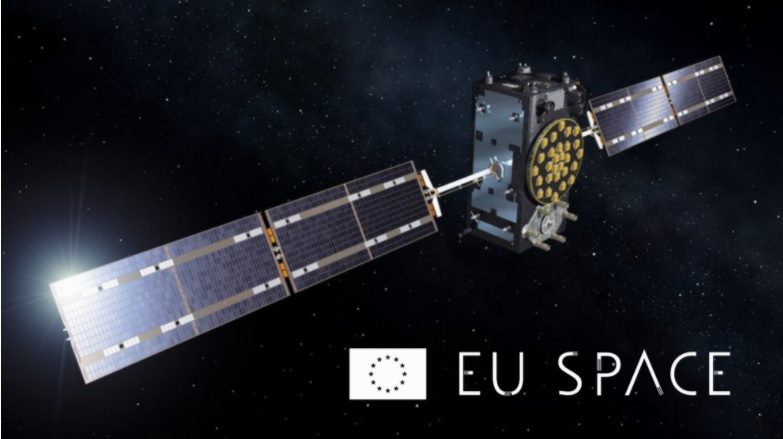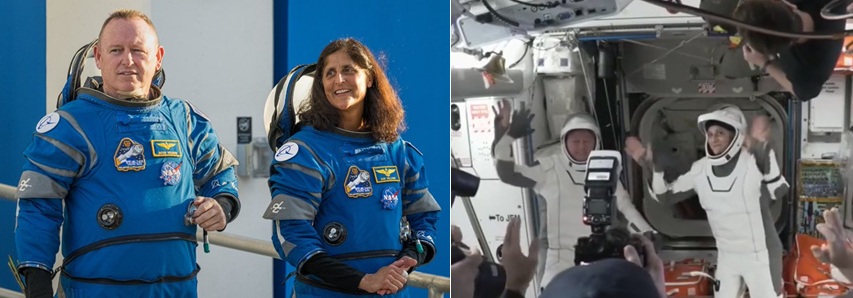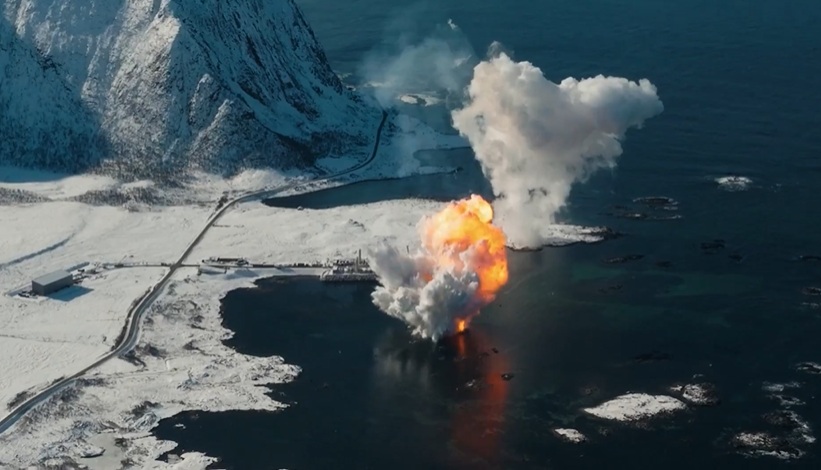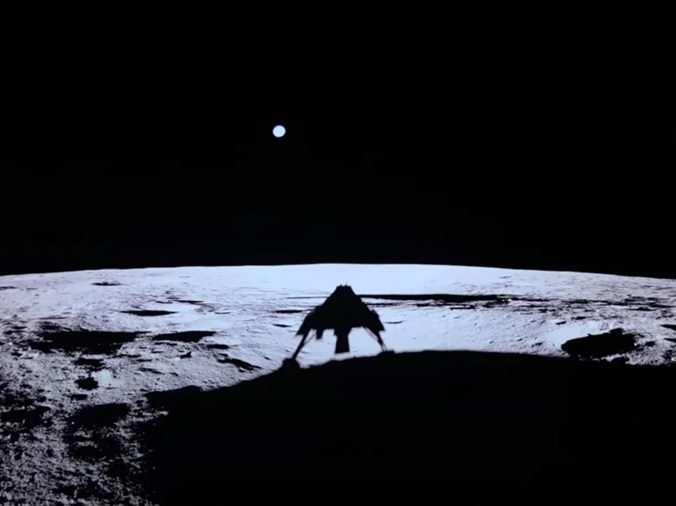The European Commission has selected providers for the second-generation of its Galileo satellite navigation system. The announcement, on 20 January, identified European space industry stalwarts Airbus Defence and Space (Airbus DS) and Thales Alenia Space (TAS) as the contract recipients. The loser was OHB Systems, Germany, which, along with the British small satellite manufacturing company SSTL – itself a part of Airbus DS, had been previously responsible for all the 34 first-generation Galileo satellites.
The new contracts are officially due to be signed before the end of the month and are worth EUR€1.47 billion (US$1.8 billion) in total. Both Airbus DS and TAS will be required to produce six second-generation units, with the launch of the first examples planned for 2024. These new satellites will be radically different from their predecessors and are slated to be kitted out with digitally configurable antennas, inter-satellite links, new atomic clocks, and electric propulsion.
All this adds up to the new units being significantly more expensive (EUR€122.5 million compared with EUR€40-60 million) than the first generation.

Artist’s impression of a new Galileo sat in-orbit. Courtesy of European Commission
Update 04/02/2021: Reported by Space Intel Report is that on 29 January OHB filed a protest with the European Court of Justice (ECJ) preventing the EU from ratifying its contract awards. OHB reportedly claim that its trade secrets have been transferred to one of the winning bidders – Airbus. The ECJ has determined that the OHB claim has merit and therefore caused a halt to proceedings while it investigates. It is estimated that this delay will set back the Galileo second-generation project by several months to a year.







